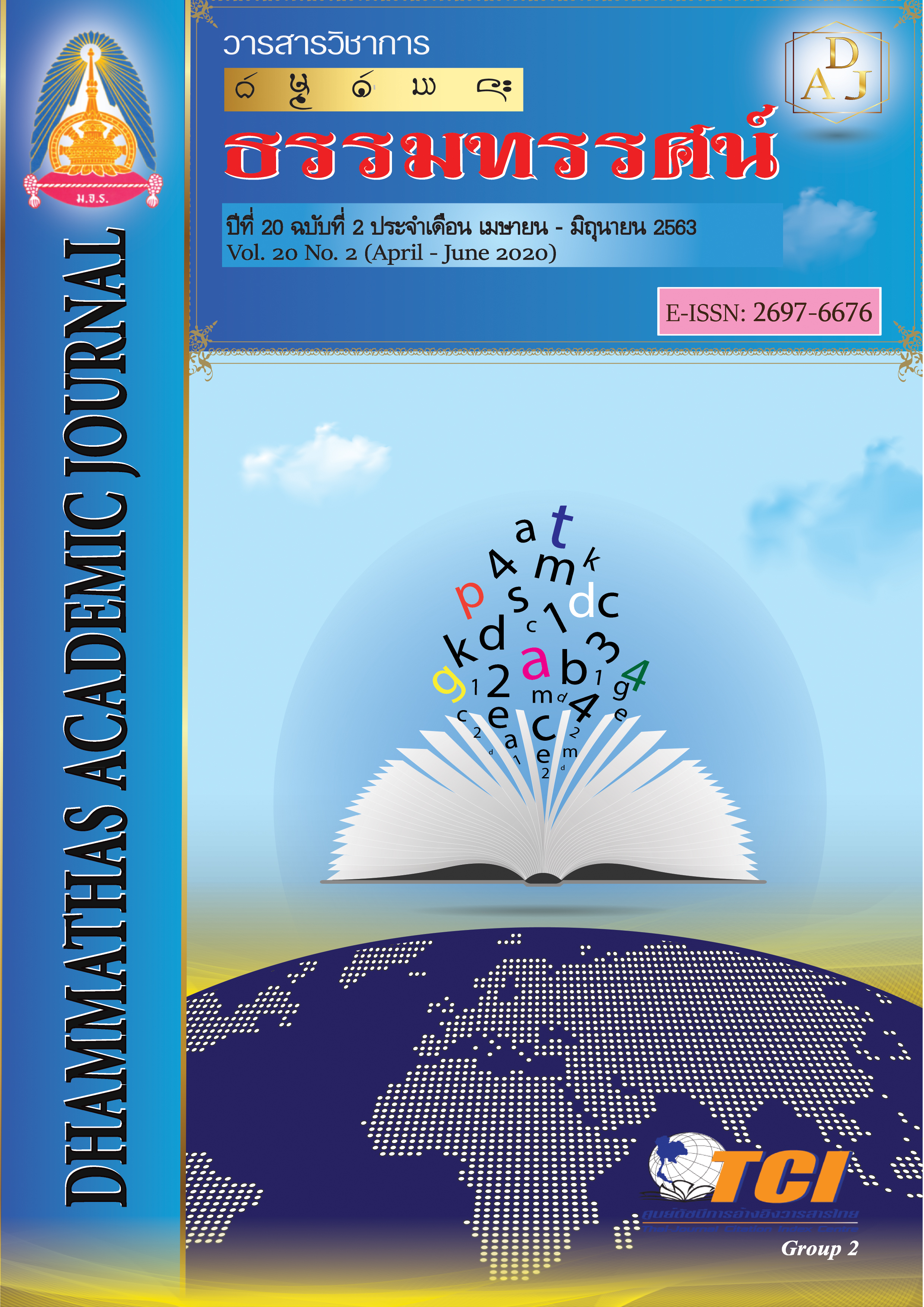Enlisted Soldiers Administration Model to Improve the Efficiency of Royal Thai Armed Forces
Main Article Content
Abstract
The purpose of this article is to present the enlisted soldiers administration model to improve the efficiency of enlisted soldiers by managing the structure of human resources management that affect voluntary of enlisted soldiers, which consisted of acquisition, the development, the authority and the benefits.
The result from analysis finds that the development of enlisted soldiers and the authority of enlisted soldiers is not capable creates the confidence to guarantee and protection of human rights which is the key point that the most people are not desired to be the enlisted soldiers and influence to the confidence in the acquisition of enlisted soldiers process. In addition, the benefits of enlisted soldiers is not suitable in the present day. Consequently, the most people are less willing to be enlisted soldiers and impact the intention of duty which influencing to the efficiency of enlisted soldiers.
This article presents the management model to increase willing of people to be enlisted soldiers by making transparency and participation in the acquisition of enlisted soldiers process and the process of development. Furthermore, the authority of enlisted soldiers will be assigned only true duty of soldiers as well as developed the benefits of enlisted soldiers by comparing when the people do not be the enlisted soldiers. If the management model of this article introduces to real operation, that would be the end of the force acquisition of enlisted soldiers.
Article Details
References
Chalermphong Meesomnoi, (2006), Human resource management, 1 st edition, Sukhothaithammatirat University Publishing, Bangkok.
Chusukd Janprakom, (2014), The Motivation technique, 6 th edition, Ramkhamhaeng University Printing house, Bangkok.
Kridsada Jarearnphanich, (2017), The rule of law and Military command, The Course research of rule of law for Democracy 5 th generation, Constitution court office, Bangkok.
Nuruks mapraneet, (2018), The Constitution court of Kingdom of Thailand under The rule of law, The Academic meeting documents in Agenda of Constitution court 20 th anniversary 9-10 April 2018, Constitution court office, Bangkok.
Pavinee Phedsavang, (2015), Organization Behavior, 10 th edition, CVLPIM Printing house, Bangkok.
Phucharin Chutiphongrungroj, (2015), The factor influencing the decision of choosing to work with Federation of Accounting Professions 4 source, Faculty of commerce and accountancy, Thammasat University, Bangkok.
Praphaphorn Phreuksasee, (2014), The Compensation factors effect to efficiency of Siammacro Pub Co.,Ltd officers in Bangkok and Prarimonton Area, College of Management, Sripatum University, Bangkok.
Taveeyos Srigrad, (2017), The Military service of the Kingdom of Thailand to Civil Service Act A.D. 1954, Law group 3 Law office Secretariat of the house of representatives, Bangkok.
The information and new for Civil right center, (2015), The History of Thai Military Service, Online, Research when 3 June 2019 source: https://www.tcijthai.com/news/2015/31/watch/5582

